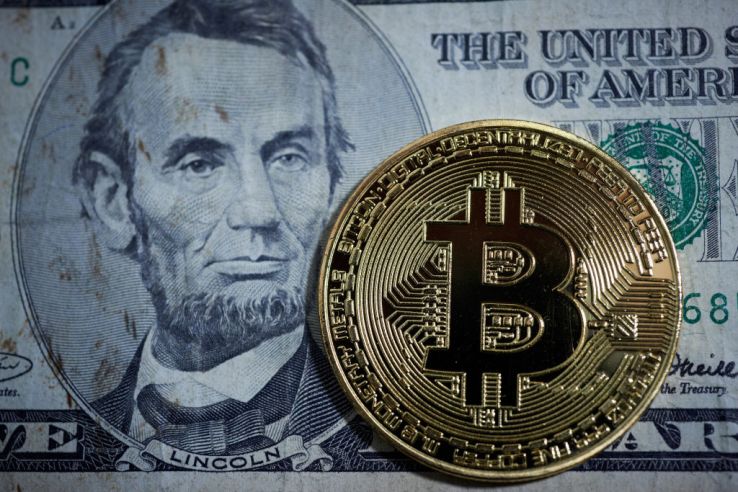Study: 6 in 10 Americans have heard about Bitcoin

While crypto may be obvious to us overlords of digital media, awareness of all facets of cryptocurrency still belongs to a small – but growing – minority. In a large scale survey by SurveyMonkey and the Global Blockchain Business Council, 5,000 responded to an extensive poll about the popularity and use of cryptocurrency. Some interesting findings? First, only 5 percent of people own Bitcoin but an additional 21 percent say “they are considering adding it to their portfolios.” Further, six in ten Americans have heard of Bitcoin in general and most Bitcoin owners are non-partisan but overwhelmingly male (71%) and non-white.
Further, most Americans – 69% – see considerable upside and expect the price to rise in the next five years. Only 13% believe it will fall. The survey continued: “But risk remains as bubbles are in the eye of the beholder. Asked about possible 2018 asset crashes, 38 percent of all Americans (and 41% of Bitcoin owners) see Bitcoin as a bubble poised to pop this year. Some 31 percent say the same about U.S. stocks and 27 percent say so about housing prices.”
Bitcoin owners are also more likely to trust Bitcoin (24%) than the U.S. government (17%). Finally, Ethereum, Litecoin, and Ripple hitting 46%, 41%, and 23%, respectively and 7% knowing about Dogecoin.
These sorts of surveys are fun and informative at the very least because the put a bit of scientific rigor against a complex problem of perception, understand, and appreciation. After all, knowing that 60% of Americans have probably heart of cryptocurrency is better than noting that your Uber driver mentioned Ripple once.
SurveyMonkey/GBBC online conducted their survey from January 11-18, 2018 among a national sample of 5,761 adults ages 18 and up. They wrote:
Respondents for this survey were selected from the nearly 3 million people who take surveys on the SurveyMonkey platform each day. Data have been weighted for age, race, sex, education, and geography using the Census Bureau’s American Community Survey to reflect the demographic composition of the United States. The modeled error estimate for this survey is plus or minus 2 percentage points.
You can read more more about the methodology here.
Featured Image: NurPhoto / Contributor/Getty Images